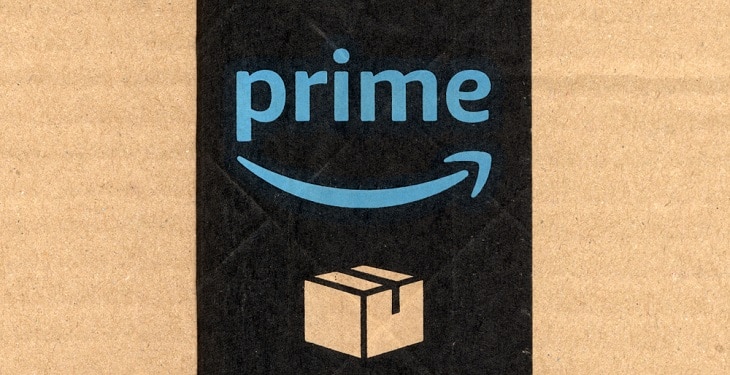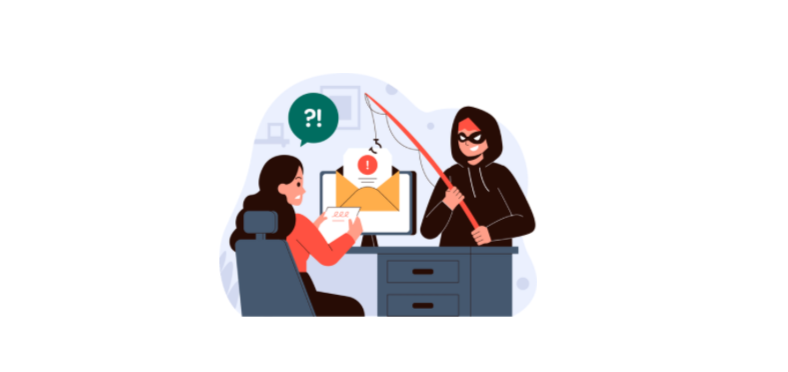5
minutes
We always think we’re immune from scams – but as they get more sophisticated and convincing, anyone can fall foul of them.
Recent news articles reveal horror stories like the pensioner conned out of £4,000 – thinking she was helping the police. Fraudsters are now so convincing and easy to believe, it’s hard to spot if you’re dealing with a legitimate company or if you’re a scam victim.
Here are the most sophisticated scams to surface (already!) in 2024 – and how to make sure you’re not conned.
The Courier Scam

This is a convincing scam that’s easy to fall for.
Fraudsters will call pretending to be from your bank. They’ll advise you of a suspicious transaction on your account.
The sophisticated bit comes next: we all know that we shouldn’t give out our details to cold callers on the phone. So, they’ll tell you to hang up and call 999 to report to the police.
However, the fraudsters use technology to keep their end of the phone line open. So, when you call 999, you think you’re talking to a police operator. In fact, you’re still talking to the fraudsters.
They’ll advise you that they believe someone at the local bank is scamming people. They want you to help solve the investigation: you’ll be asked to take out a large sum of money from your bank account.
When you return home, someone posing as a police officer or detective will come to visit your address and collect the money “as part of the investigation”. In fact, they’re just stealing it from you!
How to avoid the courier scam
There are a few simple ways you can stop scammers like this in their tracks.
- If someone calls and tells you to hang up and call the police, don’t. Instead, hang up, and use an alternative phone line to call the police and report the call you’ve received.
- Never give out your address or personal details to unknown callers on the phone.
- Your bank will never ask you to confirm account details if they’ve called you.
- The police would not request your assistance over the phone like this. If you’re called by someone claiming to be from the police, ask for their police number and their office location. Hang up, and use a different phone to call that office and request that police member by their official number.
The key thing to remember is that the police would never ask you to take money out of your bank account. Similarly, any other organisation that requests you to withdraw cash and have it collected is also operating fraudulently.
The Amazon Prime Scam

Amazon Prime scams have been floating around for a while, but a new and more sophisticated one has recently surfaced.
People receive phone calls supposedly from Amazon to tell them their Prime subscription has renewed. Some people have reported this as a ‘robotic’ voice, while others have had human callers.
The call instructs the recipient to ‘Press 1’ if they didn’t request their account to be renewed, so that they can receive a refund of the charge. They then ask for sensitive account information to ‘process the refund’ when, in reality, they’re stealing this information for future fraudulent activity.
Instead of being asked for account information to process a refund, some people have reported that they were asked to log into their Amazon account (or provide details for the scammers to do so).
Once the fraudsters have your information, they can use your bank details and/or Amazon account to spend your money!
How to avoid the Amazon Prime scam
Much like the courier scam, the main thing to remember is that Amazon won’t ever call you to confirm your account details.
If you’ve received a suspicious phone call from ‘Amazon’:
- Don’t give out any personal information to the caller.
- Hang up straight away.
- Report the phone call to Action Fraud.
You might also receive emails asking you to share your personal details or to click on a link to your account. If you’re not expecting communication from Amazon, treat any email from them as suspicious.
You can forward any suspicious email to [email protected] and make sure you don’t click anything inside the email – links, buttons, or images! If the email is, in fact, legitimate, Amazon will be sure to let you know.
Keep Yourself Safe from Scams
These are just two examples of how easy it is for fraudsters to trick even the savviest people into sharing their personal information. Once your financial information is shared, it’s easy for scammers to use it to steal lots of money from you.
In general, to keep yourself safe from scams:
- Install an antivirus and firewall on your computer and smartphone. This will let you know if you’re about to visit a malicious website and also helps prevent hackers from getting into your device to steal information.
- Never give your personal details to a cold caller. If they’re pushy or you’re in any doubt, hang up.
- If you’re not sure whether a call is legitimate, ask for a number to call back on and then hang up. If you can, Google the number to find if it’s real.
Always make sure to use a different phone to call back the number provided, not the one they called you on.
Be sure to shred all your paperwork before disposing of it.
Keep your passwords confidential and never share them with anyone.
Use distinct passwords and PINs for each card, online account, or banking app.
If you notice any suspicious activity, report it immediately to your bank and Action Fraud.
Avoid clicking on links in emails from unknown sources or ones you weren’t expecting.
Before engaging with a company, search for their name or phone number online to check if others have reported them as spam or if they are a legitimate business.
Never allow cold callers into your home or feel pressured into making a purchase. If interested, seek quotes from other companies for comparison. Be cautious of anyone insisting on an immediate decision at your doorstep.
If you have fallen victim to a scam
If you believe you have been scammed and lost money, take action promptly. It’s common to feel embarrassed, but it’s important to act quickly.
Start by reporting the incident to Action Fraud and file a police report if money has been taken from you.
Contact your banks and credit card providers to inform them of the situation. Monitor your credit report regularly to detect any signs of identity theft, such as unauthorized credit accounts being opened in your name. If you identify any suspicious activity, report it immediately and notify the credit agency for corrections.

